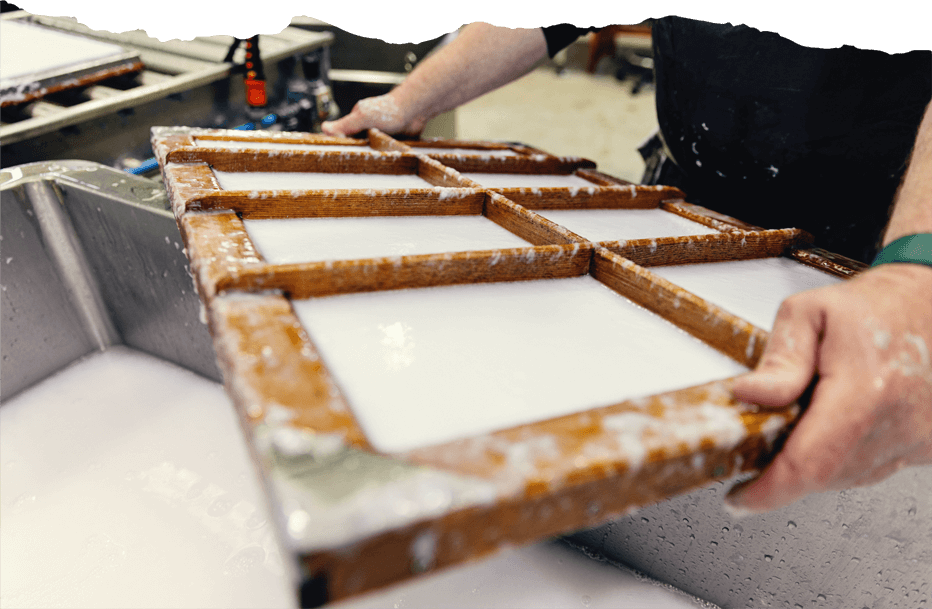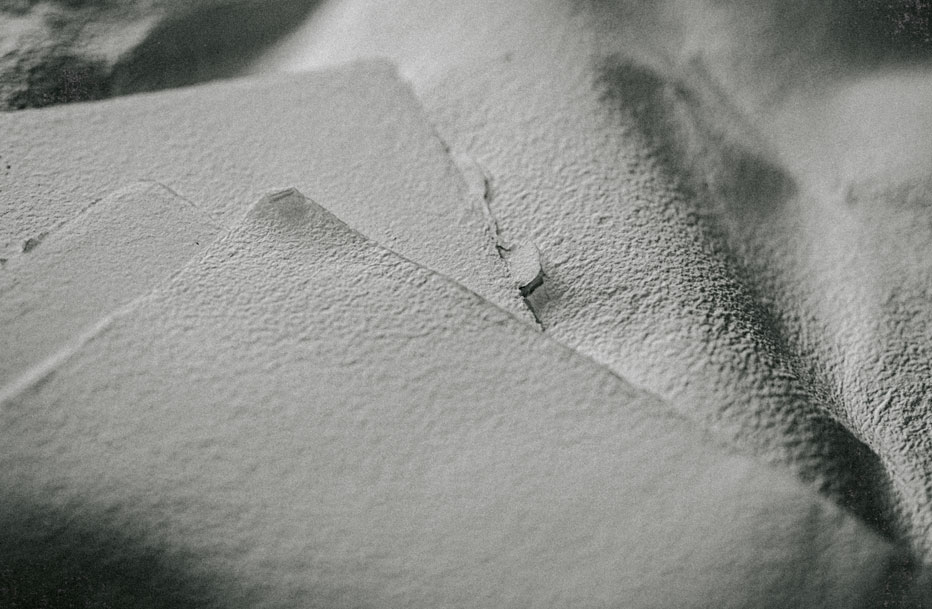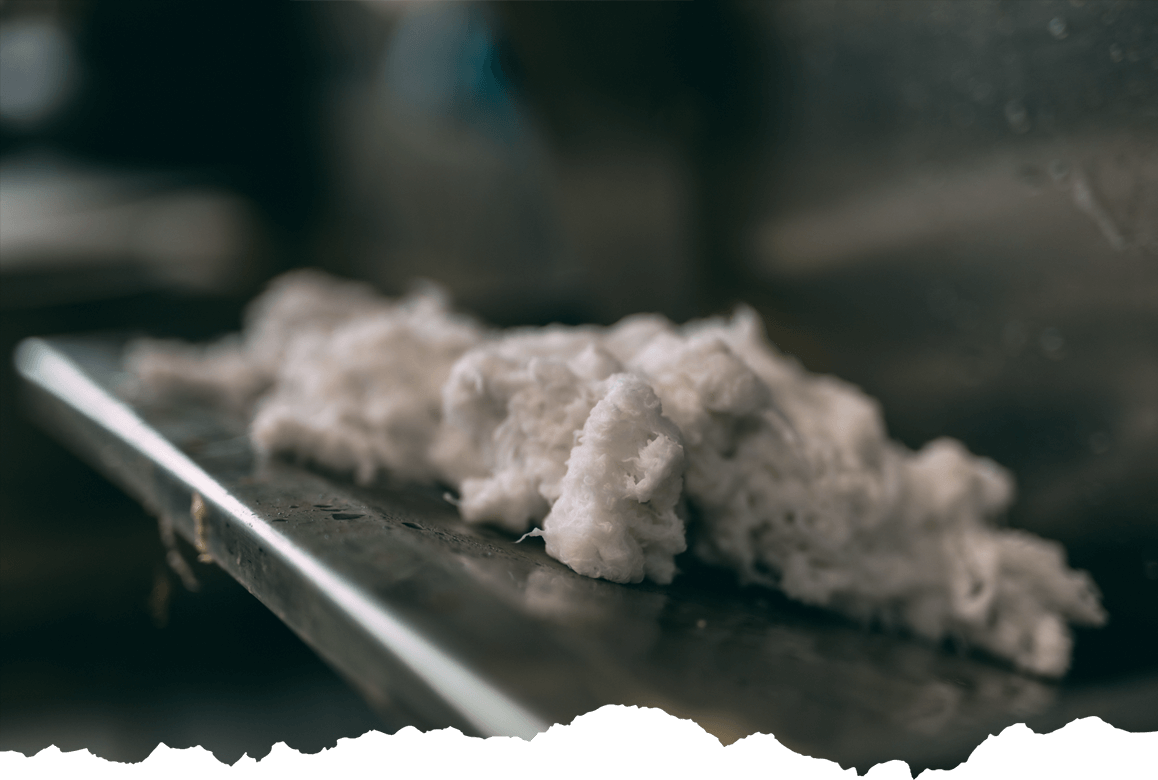The
Paper
Traditional artistry meets
ecological responsibility.

Our ethos
Sustainable hemp
Our ethos binds the preservation of traditional artistry with ecological responsibility. We value connection with community, nature, and culture, which is present in everything we do. Partnering with local businesses such as the largest access employer in the state, Vincent Industries, we procure textile waste to make our paper to order which further reduces waste.
Textile waste is an enormous environmental concern with the global sector contributing to 10% of the world’s CO2 emissions. Annually, Australians throw out 501 million kilograms of clothing, and have the lowest recovery rate of all waste kinds. Similarly, Tasmania’s old growth forests continue to be destroyed by logging and burning, with more than 85% of these rare and valuable trees exported as woodchips, largely for making paper.
Creative Paper uses hemp instead of wood pulp, sourcing surplus, post-harvest waste fiber from local hemp farms. The hemp plant is proven to absorb more carbon (CO2) per hectare than any other commercial crop, and the carbon permanently bonds to the fibre making it hardy and naturally pest-resistant. The plants require very little water for fast growth, and can be harvested and re-planted every 12 months.
Creative paper is
deeply entwined in
North West Tasmania’s
creative landscape


A paper renaissance
A precious commodity
The industrialisation of paper making, with its aims of increasing volume and lowering costs, also brought about a decline in the hand made artistry and quality of the craft. This led to a worldwide decline in mills making paper by hand and a marked loss in the quality of papers produced for artists. Today, far from redundant, paper has become rarefied. Once dispensable, hand made paper is now rebranded as a valuable commodity. Creative Paper aims to bring exceptional quality back to the paper making industry.


